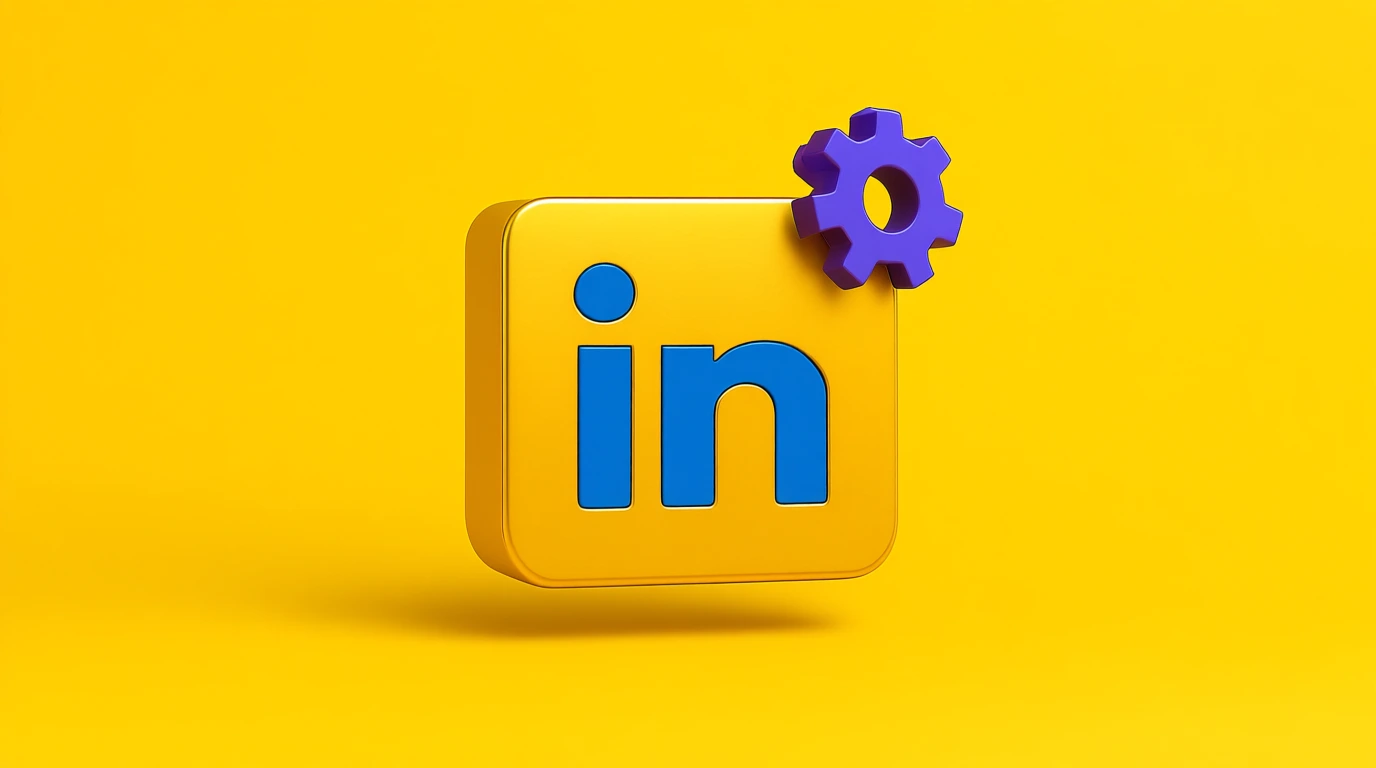
Best Social Media Analytics Tools in 2025: Complete Guide for Marketers
In today’s digital world, social media isn’t just about posting content — it’s about understanding performance, measuring results, and making data-driven decisions. That’s where social media analytics tools come in.
Whether you’re a small business owner, a digital marketer, or a content creator, the right analytics tool can help you:
-
Track engagement (likes, shares, comments)
-
Monitor follower growth and audience demographics
-
Analyze campaign ROI
-
Identify top-performing content
-
Stay ahead of competitors
In this guide, we’ll explore the best social media analytics tools in 2025, their features, pros and cons, and how to choose the right one for your business.
Why Use Social Media Analytics Tools?
-
Save Time – Automate reporting instead of tracking manually.
-
Measure ROI – Know if your campaigns are bringing real results.
-
Understand Audience – Find out who engages with your content and why.
-
Improve Strategy – Identify top content, best posting times, and channels.
-
Benchmark Performance – Compare with competitors and industry standards.
15 Best Social Media Analytics Tools in 2025
Here’s a curated list of the top analytics platforms every marketer should know.
1. Hootsuite Analytics
A complete social media management tool with strong analytics.
-
Features: Engagement reports, competitor benchmarking, sentiment analysis.
-
Best For: Agencies and businesses managing multiple accounts.
-
Pros: All-in-one dashboard, customizable reports.
-
Cons: Can be expensive for small businesses.
2. Sprout Social
Known for deep reporting and collaboration tools.
-
Features: Audience demographics, hashtag performance, paid campaign tracking.
-
Best For: Brands with large teams and multiple stakeholders.
-
Pros: Clean interface, strong customer support.
-
Cons: Premium pricing.
3. Buffer Analyze
Simple yet powerful for small to mid-sized businesses.
-
Features: Engagement breakdown, story analytics, report sharing.
-
Best For: Startups and small teams.
-
Pros: Affordable, easy to use.
-
Cons: Fewer advanced metrics compared to enterprise tools.
4. Google Analytics 4 (GA4)
Tracks social media traffic to websites.
-
Features: Referral tracking, conversion attribution, user journeys.
-
Best For: Anyone measuring how social media drives website results.
-
Pros: Free, powerful integration with Google Ads.
-
Cons: Steeper learning curve.
5. Brandwatch
An AI-driven social listening and analytics platform.
-
Features: Sentiment analysis, competitor tracking, trend monitoring.
-
Best For: Enterprises tracking brand reputation.
-
Pros: Real-time monitoring, global data coverage.
-
Cons: Premium pricing, best for large businesses.
6. Socialbakers (Now Emplifi)
A data-driven platform with influencer analytics.
-
Features: Audience segmentation, influencer tracking, AI insights.
-
Best For: Brands focusing on influencer marketing.
-
Pros: Strong AI recommendations.
-
Cons: Expensive for small businesses.
7. Zoho Social
Affordable and effective for SMEs.
-
Features: Multi-channel tracking, keyword monitoring, team collaboration.
-
Best For: Small and mid-sized companies.
-
Pros: Budget-friendly, integrates with Zoho ecosystem.
-
Cons: Limited advanced reporting.
8. Iconosquare
Popular among Instagram and Facebook marketers.
-
Features: Visual content tracking, engagement reports, hashtag analytics.
-
Best For: Visual brands (fashion, travel, food).
-
Pros: Great Instagram insights.
-
Cons: Limited coverage for platforms like TikTok or LinkedIn.
9. Talkwalker
A robust social listening and analytics tool.
-
Features: Competitor analysis, global brand mentions, sentiment scoring.
-
Best For: Large brands with international reach.
-
Pros: AI-powered insights, predictive analytics.
-
Cons: Premium tool with higher pricing.
10. HubSpot Social Media Analytics
Part of the HubSpot CRM ecosystem.
-
Features: Campaign attribution, lead tracking, ROI measurement.
-
Best For: Businesses using inbound marketing.
-
Pros: Strong integration with CRM and email marketing.
-
Cons: Best value when combined with HubSpot suite.
11. Rival IQ
Perfect for competitor analysis.
-
Features: Benchmarking, competitive reporting, hashtag comparisons.
-
Best For: Marketers who want to spy on competitors.
-
Pros: Unique competitor insights.
-
Cons: Limited beyond competitor analysis.
12. Keyhole
Real-time tracking for hashtags and campaigns.
-
Features: Influencer tracking, campaign ROI, hashtag analytics.
-
Best For: Event and campaign marketers.
-
Pros: Easy to use, strong real-time data.
-
Cons: Less effective for long-term reporting.
13. Agorapulse
A strong engagement + analytics tool.
-
Features: Unified inbox, reporting, competitor analysis.
-
Best For: Agencies and busy social teams.
-
Pros: Affordable, simple dashboard.
-
Cons: Fewer integrations than Sprout or Hootsuite.
14. Quintly
Enterprise-grade analytics tool.
-
Features: Custom dashboards, API integrations, large-scale reporting.
-
Best For: Enterprises with big data needs.
-
Pros: Highly customizable.
-
Cons: Overkill for small businesses.
15. SocialBee
Known for content automation + analytics.
-
Features: Post scheduling, engagement tracking, growth analytics.
-
Best For: Small businesses and solopreneurs.
-
Pros: Budget-friendly, great automation.
-
Cons: Fewer advanced insights.
How to Choose the Right Tool
-
Define Your Goals – Do you want audience insights, campaign ROI, or competitor tracking?
-
Budget – Tools range from free (Google Analytics) to enterprise pricing (Brandwatch).
-
Features – Do you need listening, influencer tracking, or just engagement metrics?
-
Team Size – Larger teams need collaboration features.
-
Integrations – Choose tools that work with your CRM, website, or ad platforms.
Future Trends in Social Media Analytics (2025 & Beyond)
-
AI-Powered Insights – Predicting content performance before publishing.
-
Cross-Platform Analytics – Unified dashboards for all channels.
-
Influencer ROI Measurement – Advanced tools to calculate influencer impact.
-
Real-Time Data – Faster reporting for live campaigns.
-
Privacy-Focused Analytics – Adapting to GDPR and cookie-less tracking.
Final Thoughts
Social media analytics tools are no longer optional — they are essential for growth and ROI in 2025. Whether you’re a startup, an agency, or a global brand, there’s a tool designed for your needs.
-
For small businesses → Buffer, Zoho Social, SocialBee.
-
For enterprises → Sprout Social, Brandwatch, Talkwalker.
-
For competitor analysis → Rival IQ, Keyhole.
-
For influencers & creators → Iconosquare, Socialbakers.
The key is to choose a tool that matches your goals, budget, and team size. With the right insights, you can improve engagement, optimize campaigns, and maximize social media ROI.



